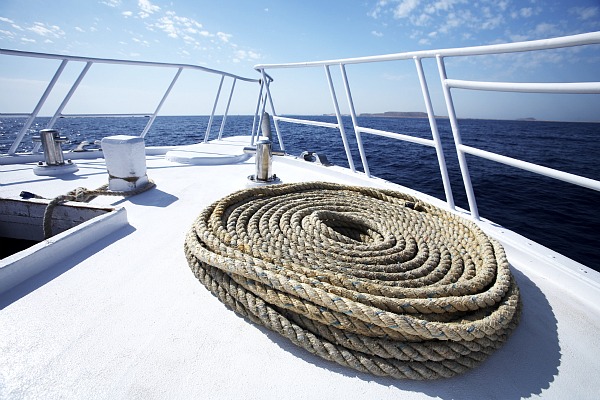Marine Rescue NSW Calls for All Boaties to Log On With Their Local Volunteers

The Importance of Logging On with Marine Rescue
Marine Rescue files are full of cases proving the value for skippers of Logging On with the local volunteer Marine Rescue base for safety, before going out for the day and Logging Off on return.
- How Logging On Enhances Safety
- The Simple Log On/Log Off Process
- What Happens If You Forget to Log Off
- Why Logging On Saves Lives
- Make Logging On a Habit
How Logging On Enhances Safety
Glenn Finniss, A/Commissioner Marine Rescue NSW, said “When a skipper Logs On with their local Marine Rescue unit, they ensure that someone responsible is keeping a radio watch on that day’s trip – whether it’s fishing offshore or just a quiet cruise to a favourite, sheltered bay.”
“The great majority of Log Ons finish with a short radio call to Log Off and tell the Marine Rescue volunteers that you and your passengers are back safe. But it’s when we don’t get a Log Off that we go on alert,” said Commissioner Finniss.
The Simple Log On/Log Off Process
The Marine Rescue NSW Log On/Log Off service is very simple. All a skipper needs to do is call the local Marine Rescue base and provide some basic information about the boat, the number of people on board, some contact details and the day’s plans – which is usually as simple as where you’re going, what you’re planning, for example, fishing or a cruise, and when you’re planning to return.
These details are entered into the Log at the Marine Rescue base and the operators then know when you plan to call in to Log Off. Many smart skippers are already registered with the Marine Rescue unit and much of that information is already recorded so all a skipper has to do for each Log On is provide the details of that day’s plans.
What Happens If You Forget to Log Off
The operators at Marine Rescue volunteers have a standard operating procedure whenever any Log Off is late. The radio operators will try to contact the skipper by radio. They’ll also try by phone. They’ll check the home contact provided in case the skipper just plain forgot – which is not hard to do if you’ve had a good day out.
When it’s seems certain that something may have happened, Marine Rescue will start to look for the missing boat beginning with the information the skipper provided at the Log On. It could be as simple as a malfunction with the radio – or it could be as serious as a capsize by a rogue wave that knocked out all communications.
Why Logging On Saves Lives
Whatever the reason, every year dozens of people have been very grateful that the skipper of their boat Logged On before they left. Because unless Marine Rescue knows you’re out there, no-one may raise the alarm until many hours go by.
Make Logging On a Habit
“Get into the Log On habit” said Commissioner Finniss. “Contact your local Marine Rescue unit at more than 50 locations on the NSW coast. Log On when you go out, Log Off when you get back and enjoy safer boating whenever you’re on the water.”


